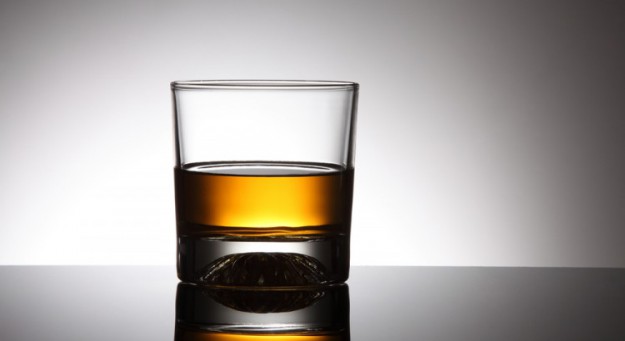Alcohol: The most popular misconceptions
mis à jour le 14 July 2015 à 18:33Alcohol quenches our thirst. Movement enables us to sober up more quickly. We become drunk less quickly with a cocktail than with shots. Are these statements true or false? Find out.
Your grandmother, your friends, the internet... everyone knows a rumour about alcohol. In this article, an expert nutritionist clarifies what is truth and what is simply an urban myth.
ALCOHOL QUENCHES THIRST
False: Once the cold liquid is swallowed and the first satisfying feeling disappears, you will still be thirsty. Besides, alcohol makes one urinate more, so excessive consumption leads to dehydration and a hangover the following day. So take it easy, and don't forget to drink lots of water before going to bed.
BEING COLD OR MOVING REDUCES BLOOD ALCOHOL LEVELS
False: Only time can decrease your blood alcohol level and erase its effects! Moving without drinking any water can dehydrate you further and worsen a hangover. On the other hand, walking, running or any outdoor sports activities are recommended after a drinking party in order to eliminate toxins and replenish your energy levels.
MY BLOOD ALCOHOL LEVEL RISES FASTER WHEN I EAT NOTHING
True: Your blood alcohol level reaches its maximum after one hour if the drink is consumed during the meal, but after only 30 minutes when your stomach is empty.
ALCOHOL DOESN'T MAKE US FAT
False: Alcohol contains 7 calories per gram, while sugar and proteins have only 4. Alcohol and weight loss are not compatible.
ALCOHOL MAKES US WARM
False: Although this idea is very widespread, it isn't based on any scientific study. The feeling of heat arises because alcohol consumption moves internal heat towards the body's surface, but in reality this sensation masks a decrease in the internal body temperature.
WE BECOME DRUNK LESS QUICKLY WITH COCKTAILS THAN WITH PURE ALCOHOL
False: Adding soda or water to your drink won't modify the quantity of pure alcohol contained within. Indeed, it can change the taste and make it more "palatable", thus leading to greater alcohol consumption.
Maïa Baudelaire




